Coffin Moon is undoubtedly one of the best novels of the year, horror or not. A dark, moving trip into the depths of pain and violence until you reach a purgatorial mental hellscape, it’s author Keith Rosson at his best, crafting a revenge story that examines masculinity, grief, and the shattering nature of loss. It also manages to be a unique and interesting take on vampires and a damn thrilling crime novel at the same time.
The Beat sat down with Rosson to discuss the process of crafting Coffin Moon and how his creative process works as a writer.
This interview has been edited for clarity and brevity.
Jared Bird: Coffin Moon launched on September 9th, by Penguin Random House in the U.S., and in October from Black Crow Books in the United Kingdom. To those unfamiliar, how would you describe Coffin Moon?
Keith Rosson: I’ve been calling it True Grit with vampires. Essentially, it’s a 1970s revenge story where a Vietnam War veteran and his adopted niece hunt the vampire who slaughtered their family. Like all of my work, it’s taking a horror trope and running it through the colander of crime fiction. It’s very gritty and crime-like, but has supernatural shit going on.
Bird: What inspired the concept of the book?
Rosson: With Fever House I did zombies, with Smoke City I did ghosts. I take a trope and I spin it around a couple times, and let it walk where it walks.
So, this time it was vampires. The next one is witches. After that, I don’t know. I’m running out of ideas.
Bird: There’s only so many creatures you can use.
Rosson: Yeah, right! At some point you’re going to be plumbing the depths.
Bird: Something I find quite interesting about your work is that you incorporate elements of crime fiction quite heavily. I wondered if it was a case of being inspired by crime writers as well as horror writers?
Rosson: Yeah, I love reading crime fiction, for sure. I cut my reading wheel up with a third literary fiction, a third crime, and a third horror.
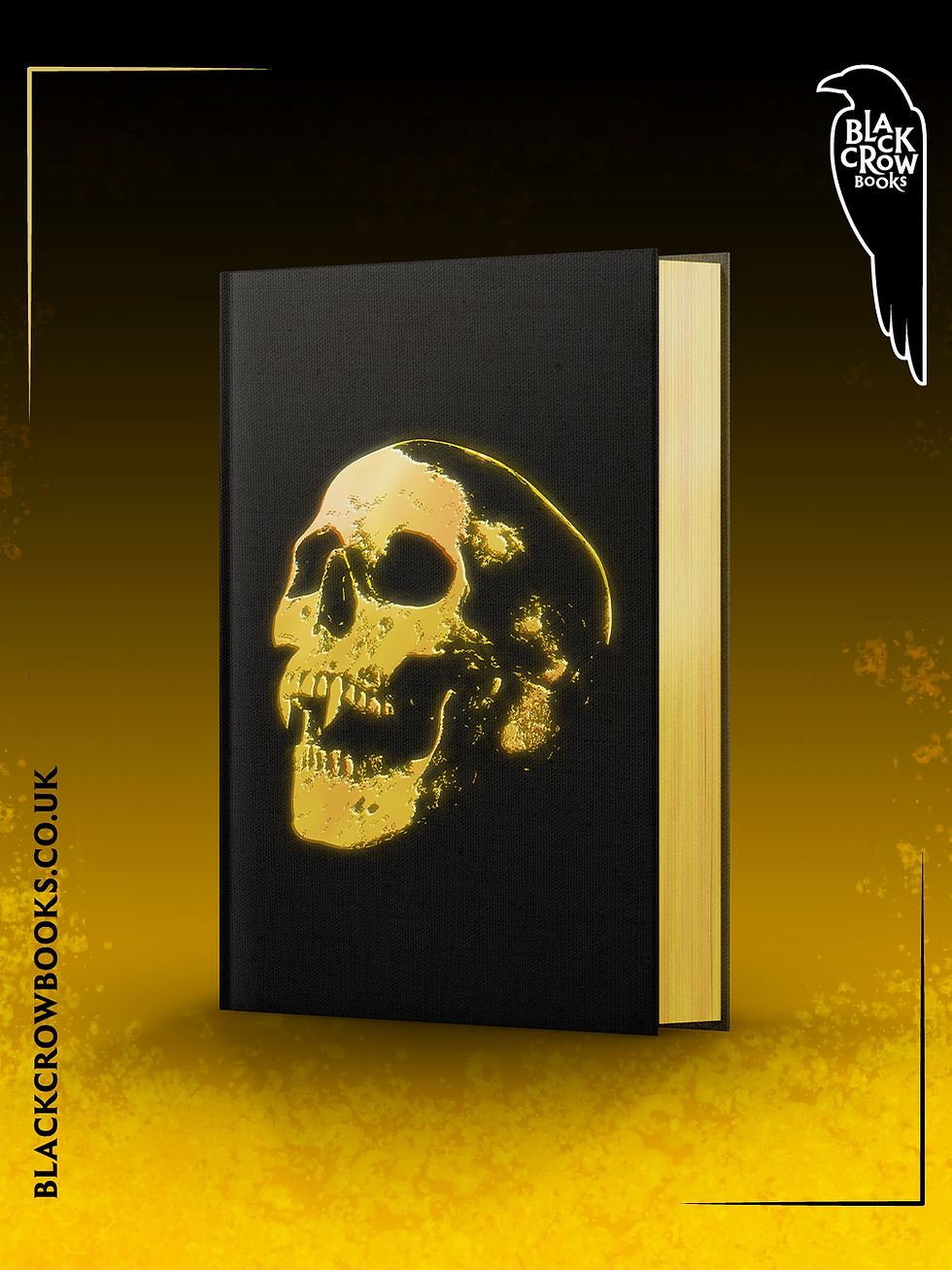
Bird: Coffin Moon is a pretty visceral book, with Duane and Julia’s dual desires for revenge informing the book’s tone. What was the writing process like for a book that delves into such dark spaces?
Rosson: I wrote a draft very quickly that was wildly different to what was published. Duane was on his own, and he ultimately met a young girl in a farmhouse, who had been staying there with her grandmother, who had been killed by the same vampire that killed Duane’s family. There was no familial connection, so it was a very different book.
Ultimately, I really worked with my editor, who continuously pushed me to bring more humanity into it, and more emotion. It was a pretty cold tale of revenge, and I had to infuse some emotional connection into it. That’s my job as a writer, I think: getting the reader to have an emotional connection with the characters. Once you have that, you do whatever ungodly thing you want, and people are along for the ride.
Bird: You mentioned earlier how a lot of your recent books have been coming back to the notion of family, and I think that a lot of revenge stories ultimately come back to love. You’ve lost something you care about, and you’re trying to get revenge for it, and that loss comes from love. Duane and Julia’s shared loss for what they love is the glue for the book.
Rosson: Yeah, and what I’ve tried to show here is that it can ultimately be pretty hollow. It’s not exhuming any loved one and making them walk again. The notion of revenge is pretty thin, and you can go to hell and back to try and get revenge, but you’re still the same broken person when you get it.
Bird: It doesn’t undo what was lost.
Rosson: Exactly. It doesn’t undo anything.
Bird: Even vampires can’t undo what was lost!
Rosson: Yeah, right!
Bird: When you think about it, vampires are almost a perfect fit for a revenge story. Most vampires die as a human, come back and then there’s something different. They’re not the same person.
Rosson: A movie like Sinners was very interesting because once they were turned, they immediately became part of a collective consciousness, which I thought was a really interesting idea. In Coffin Moon, your transformation is purely physical. You’re still the same person emotionally. The same broken shell of a person.
Bird: I think vampires have been done to death a little bit, but I really loved how you portrayed them in Coffin Moon. I love scary vampires.
Rosson: The notion of vampirism is predicated on murder. That in and of itself requires certain behaviours. You have to be a very particular kind of person to thrive as a vampire, and I wanted to explore that. The guys who do well at being a vampire? You want to stay away from them, because they’re fucking dangerous.
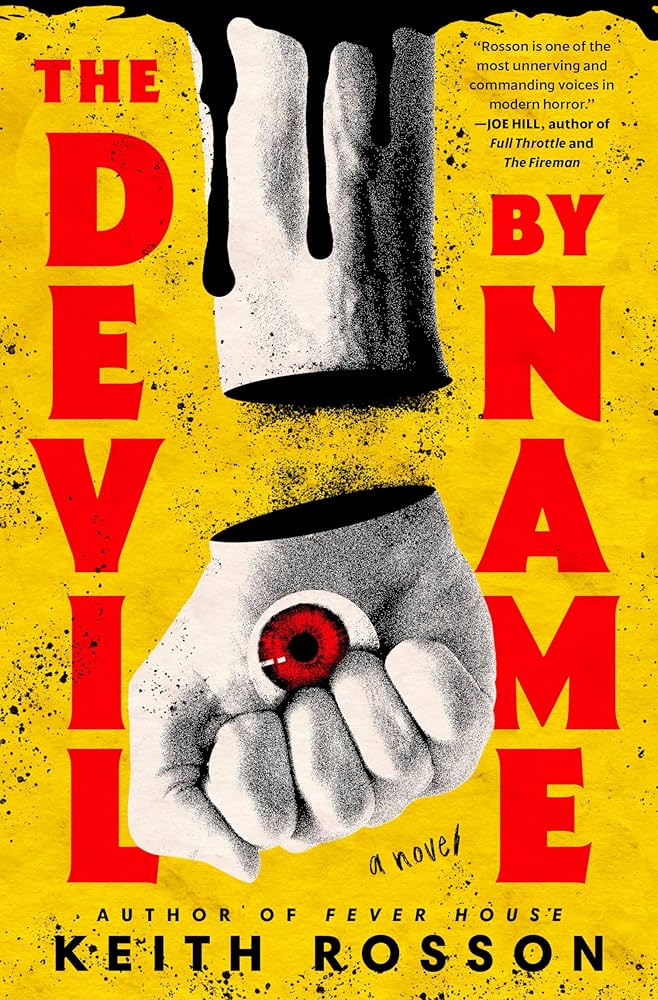
Bird: A lot of your work is grounded in a sense of emotional realism, often to devastating results. I remember reading the end of Naomi’s story in The Devil By Name and being really moved by how bittersweet it is. She can’t really unsee what she’s been through. Do you enjoy writing about flawed, damaged characters?
Rosson: That’s the only type of character I can write, I think. Seriously, I’m not trying to be funny, I think that I have to entertain myself and have to have some kind of hook for a character that I can hang my hat on.
A lot of the time, that’s through trauma, familial conflict, or desire that’s going to bring this character into conflict with other people. You have to entertain yourself, so writing characters like that is how I entertain myself, and thank god other people are interested in reading it.
Bird: I think horror as a genre does allow for flawed characters. They need to be allowed serious problems, in order to be complex, and horror allows you to get into some of the nastier, grittier elements without as much caution.
Rosson: Even less than plot, oddly enough, character is more important to me. If I can interest the reader in this person, loving them or loathing them or lamenting their silly choices, but feeling, then they’re along for the ride. Plot matters are almost secondary to that feeling of ‘Oh, you idiot!’. That’s what I want to do.
Bird: I wanted to talk for a bit about the villains of your books. They’re vile and despicable and awful, but they’re people that would exist. I remember reading the Terradyne sections of the Fever House books and thinking “someone would definitely do this.”
Rosson: Absolutely! “You have a powerful thing, you’ve got to use it.”
Bird: What informs the antagonists in your stories?
Rosson: What do they want, or what are they afraid of losing? With John Varley in Coffin Moon, he’s got this vision of Alaska as a perfect place for him, where it’s dark all the time and people will treat him right. It’s shortsighted.
He’s essentially stopped growing as a person, and not because he turned into a vampire, because that’s who he was well beforehand. It’s the same side of the coin. They have to want something, and move like hell to get it.
Bird: You’ve taken well-worn horror staples like ghosts, vampires and zombies, but pushed them into new directions. What draws you to that creative choice?
Rosson: I think I like the challenge of trying to do a new spin on something, and it gives me a foundation to work from. One thing I really do struggle with as a writer is ideas. You talk to some writers and they’re like, “I’ve got five million ideas, I just don’t have the time!” but I’m like “I’ve got so many unfinished things in my hard-drive because of ideas that just shat the bed.” I like this horror trope basis because it gives me a building block, a skeleton that I can add all the ruined meat to.
Bird: Your novels have a very kinetic sense of energy to them, with stuff constantly happening and progressing in every chapter. Has your background in short stories and comic zines impacted your approach to novels?
Rosson: That’s a really good question. Coffin Moon is a bit of a different animal, because I feel like it’s slower, but Fever House is like 400 pages of craziness out of the gate. The Devil By Name is a little more introspective but it still moves pretty quickly. There’s a lot of navel-gazing in Coffin Moon, at least when I’m building that world and those characters, before I rip them to shit.
I think it may come from being a young kid reading comic books, and something has to happen on every page. That’s a big part of it. It’s a kinetic approach — don’t waste time, don’t waste space, that sort of mindset.
Bird: Maybe that’s what draws me to it so much as well. I love that very strategic use of space in a novel.
Rosson: I think that it also comes from the fact that I don’t plot or anything, so I’m writing and the next couple scenes reveal themselves, and it all happens very organically.
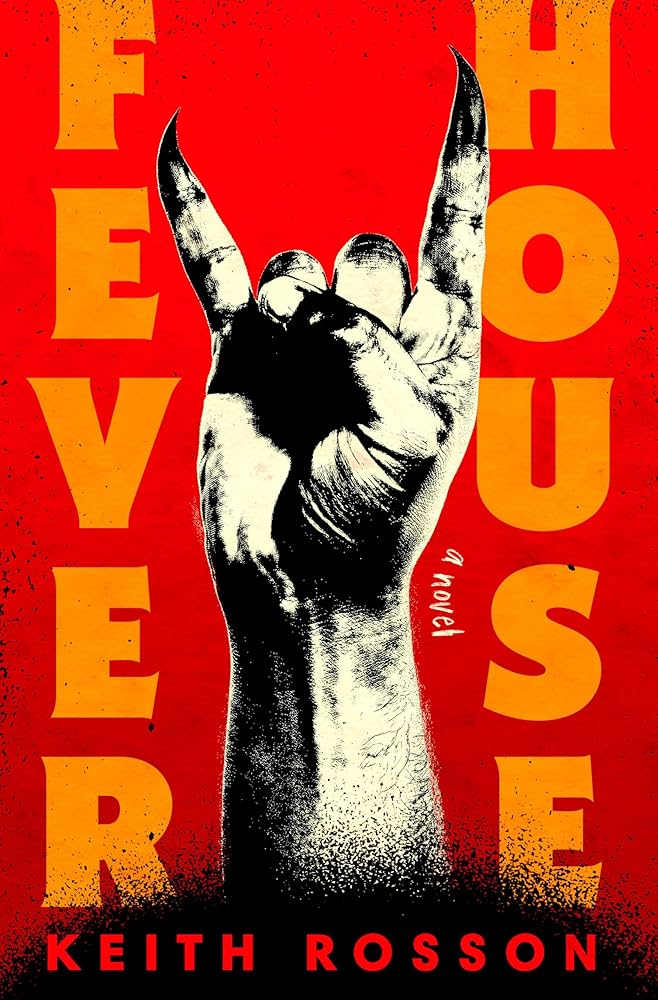
Bird: You’ve been writing for quite some time now, but really exploded in popularity last year with the success of Fever House. What has that experience been like for you?
Rosson: It’s been incredible. My entire life changed. We first submitted the book on a Thursday, and the next day an editor at Random House asked me if there was a sequel. She sent it to her team over the weekend, and asked for a call on Monday. She and I talked on Wednesday, and she predicated it with “I don’t call people and have this talk unless I’m willing to buy the book” which was a real kind of “oh my God” moment. She wanted 30,000 more words added, which is kind of unusual for a book, because normally you’re asked to cut it down, but she wanted more of the world after the incident, and more perspective on living in the Fever House.
The other thing she wanted was a sequel, and honestly, I’d have written dog food copy if she wanted, because she had just changed my life. In less than a week, we had an offer, and it’s been amazing. Sometimes I get down on sales numbers, or not being able to do certain things, but this is the most amazing job in the world. I get to write, and feed my family because of the shit I come up with. It’s incredible!
Bird: I read most of Fever House in one sitting. It’s always interesting to watch when someone’s been putting out books for a long time, but something happens that just sends them to the stratosphere.
Rosson: I had done four novels on an indie press, and they sat in the wheelhouse of weird fiction, more literary. Fever House has a lot going on; it’s a crime novel, it’s a zombie book, it’s this, it’s that, but it’s more easily defined as a horror novel, whereas a book like Smoke City is literary fiction with ghosts, alcoholic painters, and Joan of Arc’s reincarnation. Road Seven has bejeweled unicorn shit and a haunted forest.
They’re not as easily defined. They’re not horror, but I’m still tremendously proud of them. I don’t know if I’ll stick with horror forever. I’ll run out of tropes eventually, and have to return to the weird stuff.
Bird: Coffin Moon is focused mainly on Duane and Julia, but Fever House has a lot of different perspectives. Out of all the characters in the Fever House duology, who particularly stood out to you as a favourite during the writing process?
Rosson: I loved Hutch so much, he was so fun. I could write him forever. I could write about dudes hitting guys in the legs with hammers and I’d go to sleep with my head on the pillow smiling. That shit is so fun.
Bird: Are we to expect some sort of Keith Rosson hardboiled crime novel?
Rosson: There’s always going to be a henchman asshole in every book!
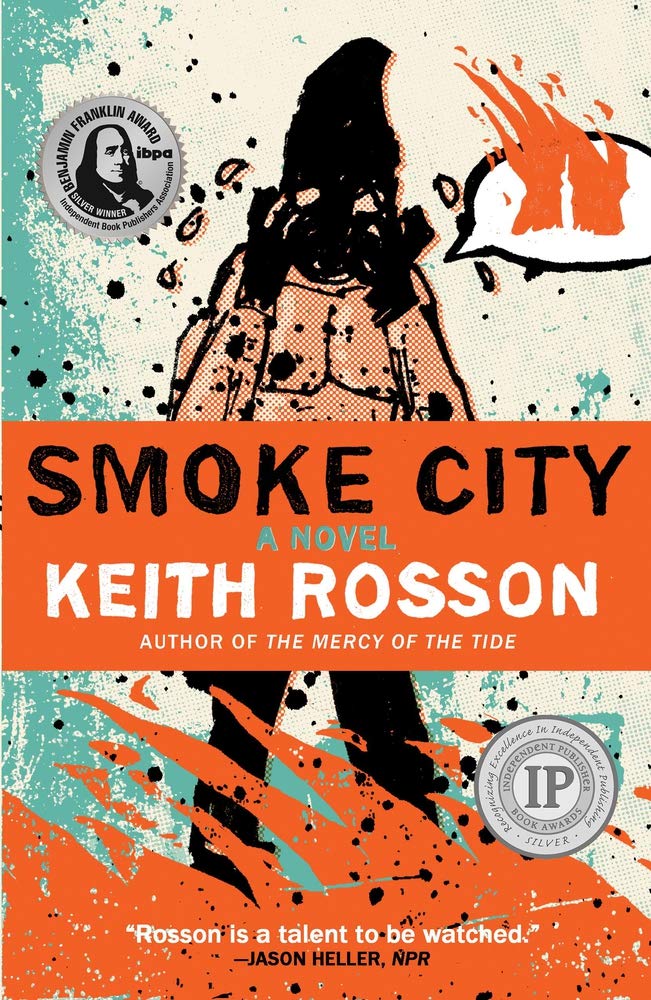
Bird: What would you say are the main creative touchstones you return to for inspiration? If you’re feeling stuck, what do you reach for?
Rosson: Two guys in a room. One wants something, the other one doesn’t want to give it up. That’s it. That dialogue, the veiled threats, and then the escalation to violence. I love writing violence so much, it’s so fun.
Stephen Graham Jones has a great quote where he was asked what he does when he gets writer’s block, and he said “I lower my expectations.” That’s cool! When I get stuck, I step back and I go “Okay. How do I introduce a gun into this? How do I get two guys in a room, hashing it out?”
Bird: Is there any advice you’d give to writers trying to create stories within the horror genre space?
Rosson: Give yourself permission to write a shitty first draft. When you finish it, you’ll be more informed about what your characters are doing, and that will inform how you write the next draft. If you get stuck in the first ten pages, nothing will ever move forward because it’s never going to be perfect.
You’ll know more when you’ve finished an iteration of the story. Be prepared to hear no again and again and again. It’s just how things work. You get to live in that fine line of having faith in the work but also being receptive and not being so precious about your stuff that you can’t take criticism. You need to find a balance and straddle that. Both are so necessary, and have room to grow.
Bird: Which other works of yours would you suggest to readers who enjoyed Coffin Moon?
Rosson: The Fever House duology is the big one. Coffin Moon is a very simple, linear story but those books are different, with multiple characters and points of view. Beyond that, I’d say Smoke City. It’s a very weird book, but it’s the closest a book of mine has gotten to what I saw in my head and the guts of it.
Bird: What do you have next in the pipeline?
Rosson: It comes out in 2026, it’s called Crone. It’s my witch story, that’s the trope there. A guy is trying to find out what happened to his daughter who went missing fifteen years ago, and in the process uncovers a big overarching conspiracy. There may also be a witch in the woods ripping the shit out of people. We’ll find out how it’s all connected!
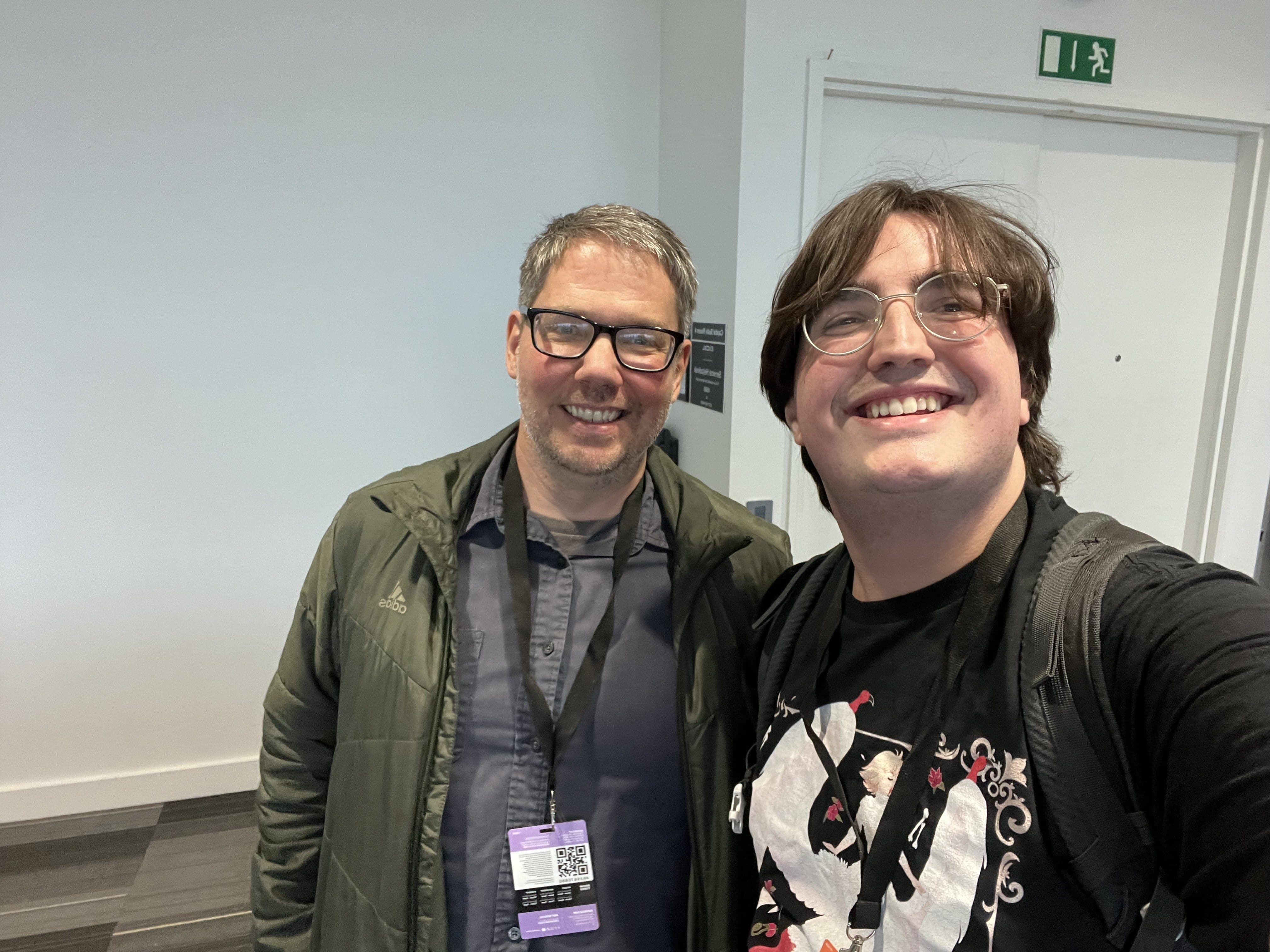


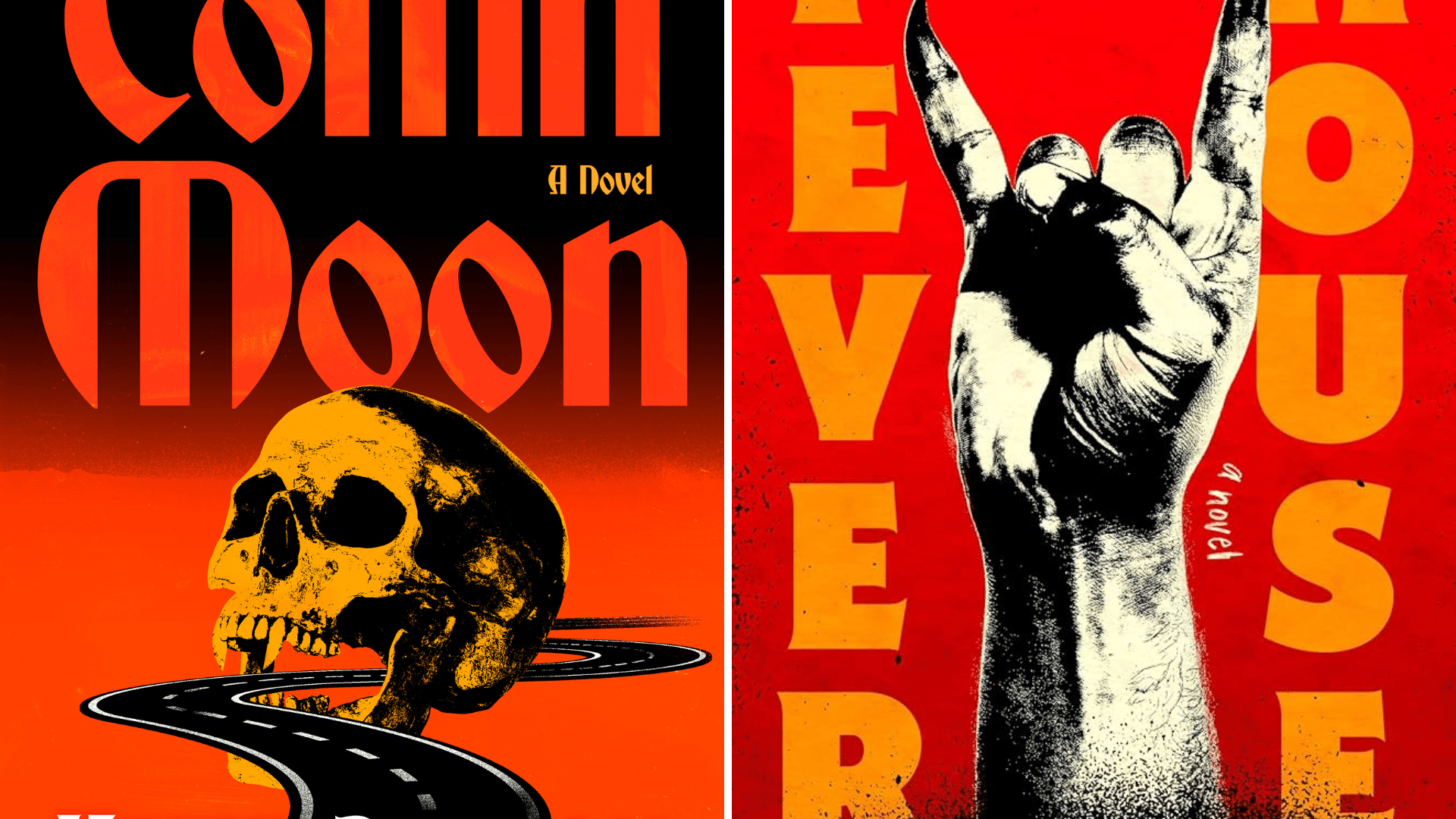
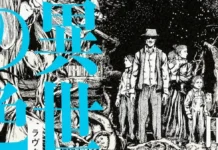
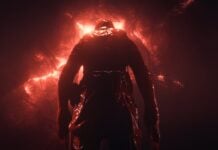
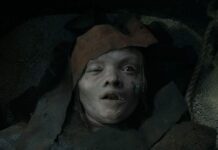
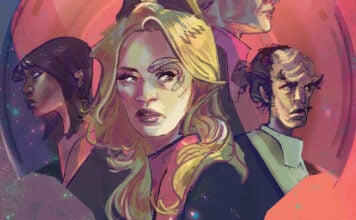



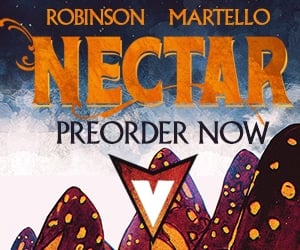

I read Fever House based on a recommendation and it was good fun. I have The Devil by Name waiting to be read. Thanks for the heads up about another new Rosson book to read.
Comments are closed.